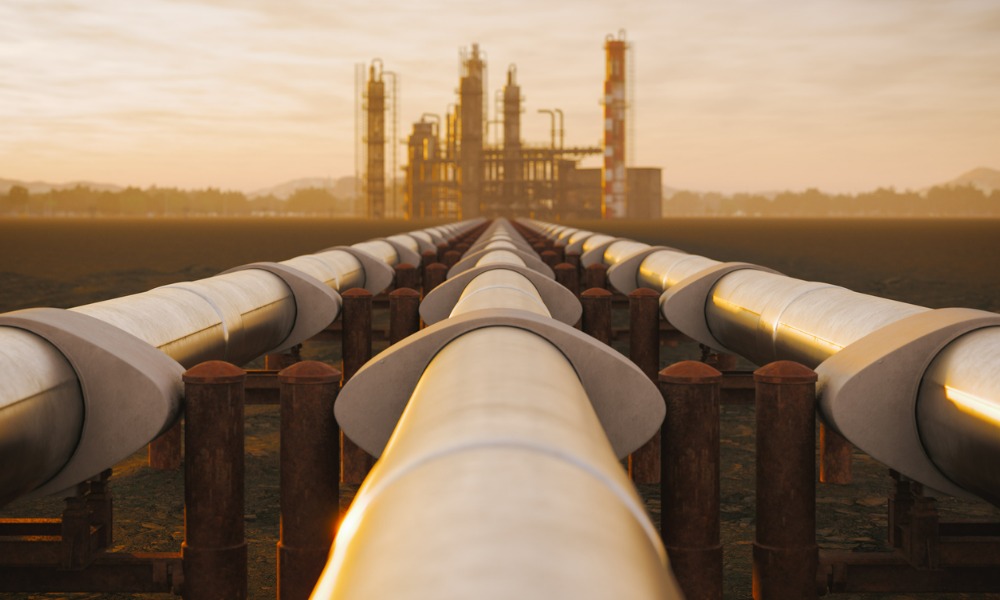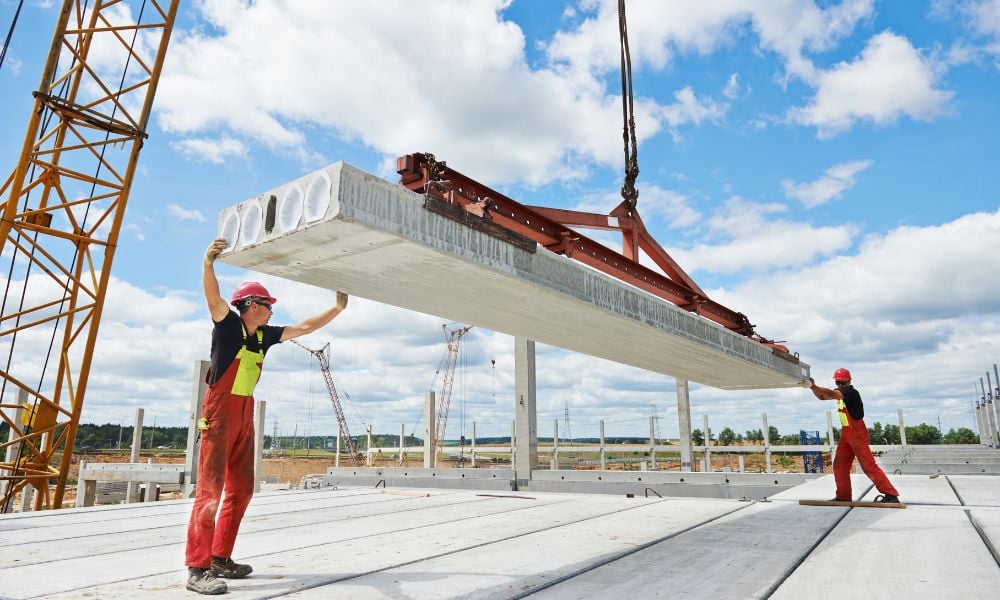Cloud based game is 'preparing the workforce for scenarios they haven't seen', says creator

A new AI-driven training platform is transforming how the oil and gas industry prepares for pipeline emergencies—by turning high-risk scenarios into immersive, game-based simulations.
Developed through a partnership between the Mary Kay O’Connor Process Safety Center (MKO) at Texas A&M and EnerSys Corporation, the multiplayer platform harnesses artificial intelligence to expose workers to rare but potentially catastrophic pipeline events—before they ever face one in the real world.
“We are preparing the workforce for scenarios they haven’t seen, or industry hasn’t seen, but they are now at least equipped with understanding and knowledge on how to respond,” says Faisal Khan, director of MKO and head of the department of Artie McFerrin Chemical Engineering at Texas A&M.
Moving beyond traditional training
Khan explains that conventional training limits itself to known incidents, ignoring outlier scenarios due to lack of historical data or perceived improbability. The new system, however, uses AI to generate and visualize these overlooked conditions in a safe, virtual space.
“This is not a simple creation of an artificial fire,” he says. “It is truly showing how such scenarios can evolve. That’s the power of artificial intelligence—helping us visualize the unimaginable.”
What sets the platform apart is its collaborative gameplay environment. Instead of training individuals in isolation, it allows multiple operators to work together, replicating real-world team dynamics and decision-making under pressure.
“It’s like a combat team,” says Khan. “Each person supports the other in making effective decisions. That teamwork-based approach is a unique advantage.”
A living, learning system in the cloud
The platform operates in the cloud and continuously evolves as it gathers insights from operators around the world. Every session, every user interaction, feeds back into the AI model to enhance realism and relevancy.
“It’s a dynamic learning system with a practical interface,” Khan explains. “As we witness more, the system updates itself—just like modern gaming environments.”
Although the initial application targets pipeline safety, Khan emphasizes that the broader goal is to create an adaptable tool for diverse industrial sectors. EnerSys owns and facilitates the platform, while MKO contributes the underlying research and knowledge models.
“This program is led by industry applications, not just academic theory,” says Khan. “It’s grounded in real-world use.”
For oil and gas safety leaders
For Canadian occupational safety professionals in oil and gas—especially those working in pipeline transport—the implications are clear.
“Our goal remains ensuring that every worker comes to work safe and returns home safe,” Khan says. “These AI-based gaming platforms are one such approach where we can help minimize incidents, reduce severity, and improve overall safety.”
Khan, who led a major safety initiative in Newfoundland, adds that collaboration between industry and academia is key to achieving a “zero-incident goal.”
“If we work together—both the practitioners and the educators—we can reach that.”




